From Crisis to Closure
When facing legal disputes, many people think immediately of courtrooms, judges, and long battles. However, there is another path that can lead to quicker and less stressful resolutions: mediation. This article explores the differences, outlines the steps of mediation, and highlights successful mediation outcomes.
Mediation vs Litigation
Mediation is a process where a neutral third party, called a mediator, helps people in a dispute come to an agreement. The mediator does not take sides or make decisions but facilitates discussions and helps identify solutions that work for both parties. In contrast, litigation is the traditional legal process where disputes are resolved in court, involving lawyers, a judge, and sometimes a jury, with the judge making a final decision that the parties must follow.
One of the key differences between mediation and litigation is time and cost. Mediation is usually faster and cheaper than litigation, which can take months or even years and involve high legal fees. Mediation can often be completed in a matter of weeks. Additionally, in mediation, the parties have more control over the outcome as they work together to find a solution, while in litigation, the judge and jury makes the final decision. Another important difference is confidentiality; mediation is private and what is said in mediation stays in mediation, whereas court cases are public and records are accessible to anyone. Mediation is generally less stressful as it is a collaborative process, while litigation can be adversarial and combative.
Steps of Mediation
Understanding the steps of mediation can help you feel more comfortable with the process. Here’s what typically happens:
- Introduction: The mediator explains the rules and goals of mediation. This includes an agreement to keep everything confidential.
- Statement of the Problem: Each party shares their side of the story without interruptions. This helps the mediator understand the issues.
- Information Gathering: The mediator may ask questions to gather more details. This helps identify the needs and interests of each party.
- Identifying Issues: The mediator outlines the key issues that need to be resolved. This helps focus the discussion.
- Negotiation: The parties discuss possible solutions. The mediator helps guide this conversation, encouraging cooperation and compromise.
- Agreement: Once a solution is found, the mediator helps draft a written agreement. Both parties review and sign this agreement, making it binding.
Successful Mediation Outcomes
Personal Injury Cases: Mediation can be particularly effective in personal injury cases, where victims seek compensation for their injuries. Mediation allows both parties to discuss the extent of the injuries, medical expenses, and other related costs in a less hostile environment. Successful mediation can result in fair settlements that cover medical bills, lost wages, and pain and suffering without the stress and expense of a lengthy court trial.
Workers’ Compensation Claims: Workers’ compensation claims often involve disputes between employees and employers or insurance companies. Mediation provides a platform where the injured worker and the employer can discuss the nature of the injury, necessary medical treatment, and appropriate compensation. This process can lead to agreements that ensure the injured worker receives the benefits they are entitled to while maintaining a positive working relationship.
Vehicular Accident Disputes: Vehicular accidents frequently lead to disputes over fault, damages, and insurance claims. Mediation offers a way for the involved parties to negotiate settlements that cover repair costs, medical expenses, and other damages. This process can resolve disputes more quickly than going to court, allowing those involved to move on with their lives.
Why Choose Mediation?
Choosing mediation over litigation can lead to more satisfactory and lasting resolutions. The collaborative nature of mediation fosters better communication and understanding between parties. This not only resolves the current dispute but can also prevent future conflicts. Mediation is a valuable tool for anyone facing a legal dispute. It provides a way to move from crisis to closure without the high costs, time, and stress associated with litigation.
If you find yourself in a conflict, consider mediation as your first step towards a fair and amicable solution. The Jack Bailey Law Corporation is here to guide you through this process, ensuring that your journey from crisis to closure is as smooth as possible.








